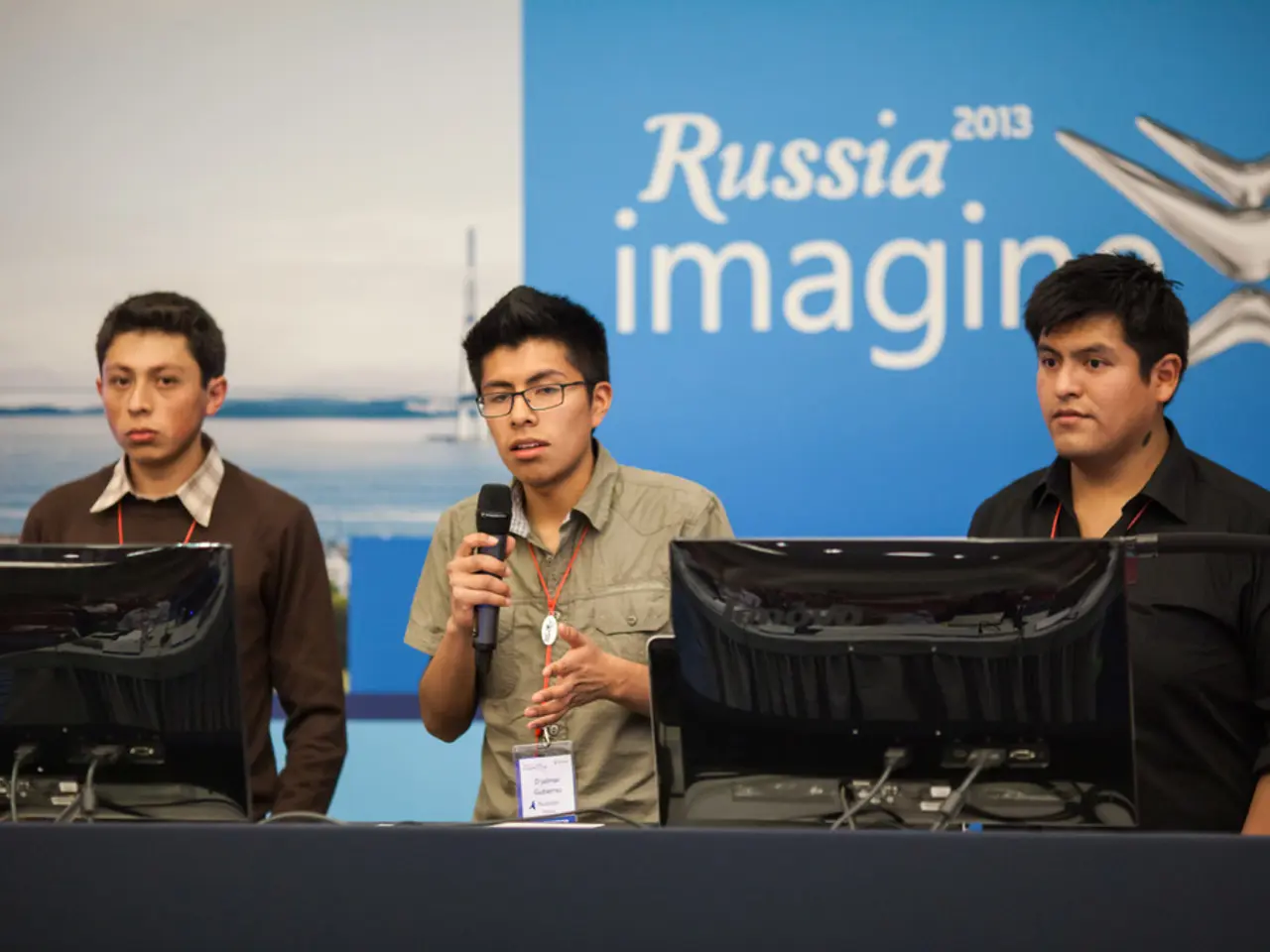"AI Holds Unseen Potential for Toronto: Experts Delve into the Transformation of Workplaces and Canadian Industries"
Toronto's artificial intelligence (AI) industry is experiencing a rapid evolution, propelled by a robust talent pool, strong academic partnerships, and substantial public and private investment. The city is now recognised as a global leader in AI research and development, with over 450 AI companies and the creation of more than 60,000 jobs in the last five years alone.
Key Developments in Toronto’s AI Industry
The growth of Toronto's AI sector is evident in the dramatic expansion of the job market. In 2024–25, over 17,000 new AI jobs were created in Ontario, marking a 101% increase, and nearly 40,000 jobs were retained. Private investment in Ontario’s AI sector reached $2.6 billion in 2024–25, up 69% year-over-year, with 70 new AI companies established during this period.
The Canadian government has also shown support for the industry, investing over $415 million in more than 110 AI-related projects in southern Ontario since 2015, with $200 million allocated through the Regional Artificial Intelligence Initiative over five years.
Academic institutions like the Vector Institute, MaRS Discovery District, and the University of Toronto continue to excel at growing AI talent, with a 26% increase in well-paying positions filled by highly qualified professionals from AI-related academic programmes.
Potential Impacts on Industries and Job Markets
AI is reshaping sectors such as healthcare, finance, logistics, and more. Initiatives like HealthSpark at the Vector Institute are fast-tracking AI innovation in healthcare, addressing issues such as staffing shortages, wait times, and patient outcomes.
While AI-related job numbers in Canada have increased by 108% since 2019, the transformation affects jobs unevenly. Higher-skilled jobs are more exposed to AI-related changes, but these disruptions also bring new opportunities. Many workers in jobs highly exposed to AI may benefit if they possess the skills to leverage AI as a complement to their work.
The growth of Toronto’s AI ecosystem is fueling real economic expansion, supporting well-paying jobs, and attracting global investment. However, some roles may be displaced as automation and AI tools become more prevalent, but new roles are also being created in AI development, data science, and AI integration across industries. Adaptation and skills development will be crucial for workers to remain competitive.
Summary
Toronto's AI industry is not only strengthening the local economy but also positioning the city as a competitive hub on the global stage. The dual impact—reshaping existing industries while creating new high-value job opportunities—highlights both the promise and the challenge of AI adoption for the job market and broader economy.
- Toronto's AI industry, supported by public and private investments, is creating a significant number of jobs each year, with over 17,000 new AI jobs in Ontario alone in 2024–25.
- The Canadian government demonstrates its support for AI through investments like the $415 million in AI-related projects in southern Ontario since 2015.
- Academic institutions in Toronto, such as the Vector Institute, MaRS Discovery District, and the University of Toronto, are contributing to the growth of AI talent by offering well-paying jobs for highly qualified professionals.
- In the health sector, initiatives like HealthSpark at the Vector Institute are using AI to address staffing shortages, wait times, and improve patient outcomes.
- The transformation driven by AI affects jobs differently, with higher-skilled jobs being more exposed to changes, but also presenting new opportunities for workers.
- As Toronto's AI ecosystem continues to grow, the creation of new roles in AI development, data science, and AI integration across industries will help support a competitive workforce.
- The city's burgeoning AI industry, which is reshaping existing industries and creating high-value job opportunities, presents both a promising future and a significant challenge for Toronto's job market and broader economy.




